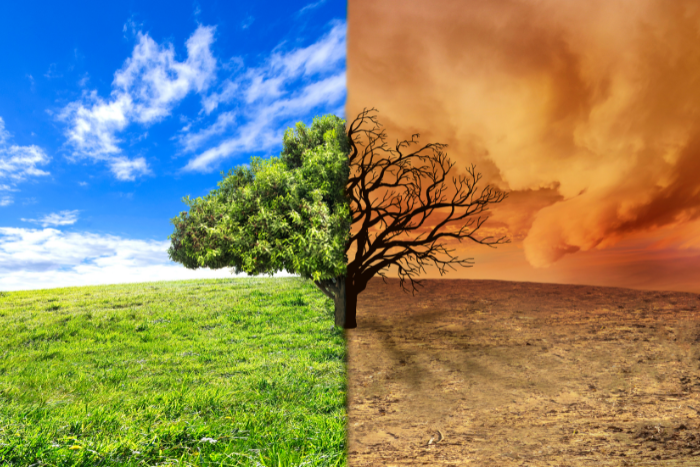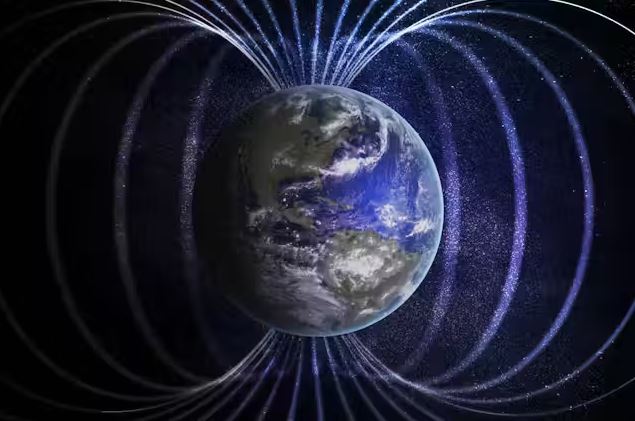If Earth suddenly stopped spinning, the consequences would be catastrophic. Our planet rotates at about 1,670 km/h (1,037 mph) at the equator, and this motion influences everything from the atmosphere to the oceans and even the shape of the planet itself.

Immediate Effects
If Earth’s rotation stopped instantly, everything not firmly attached to the ground—including humans, buildings, and even oceans—would be violently thrown eastward at high speeds. The force would be strongest at the equator, where the rotational velocity is highest, and weakest near the poles. This sudden deceleration would cause massive destruction, with winds rivaling those of the most extreme hurricanes.
Climate and Weather Changes
Earth’s rotation plays a crucial role in generating wind patterns and ocean currents. Without it, global weather systems would be drastically altered. The Coriolis effect, which helps drive trade winds and ocean circulation, would disappear, leading to chaotic weather and disrupted ecosystems.

Day and Night Cycle Disruptions
Without rotation, Earth would experience extreme temperature differences. One side would be locked in perpetual daylight, becoming unbearably hot, while the other would remain in darkness, plunging into extreme cold. This would make most of the planet uninhabitable.
Loss of Magnetic Field
Earth’s spinning core helps generate its magnetic field, which protects us from harmful solar radiation. If the planet stopped spinning, this shield would weaken, exposing life to deadly cosmic radiation and potentially stripping away parts of the atmosphere over time.

A Gradual Stop?
If Earth slowed gradually instead of stopping suddenly, humans might adapt, but the long-term consequences—such as shifting continents, changing climate patterns, and altered ecosystems—would still be severe.
Ultimately, Earth’s rotation is essential for maintaining the balance of life as we know it. A world without it would be unrecognizable and largely uninhabitable.


